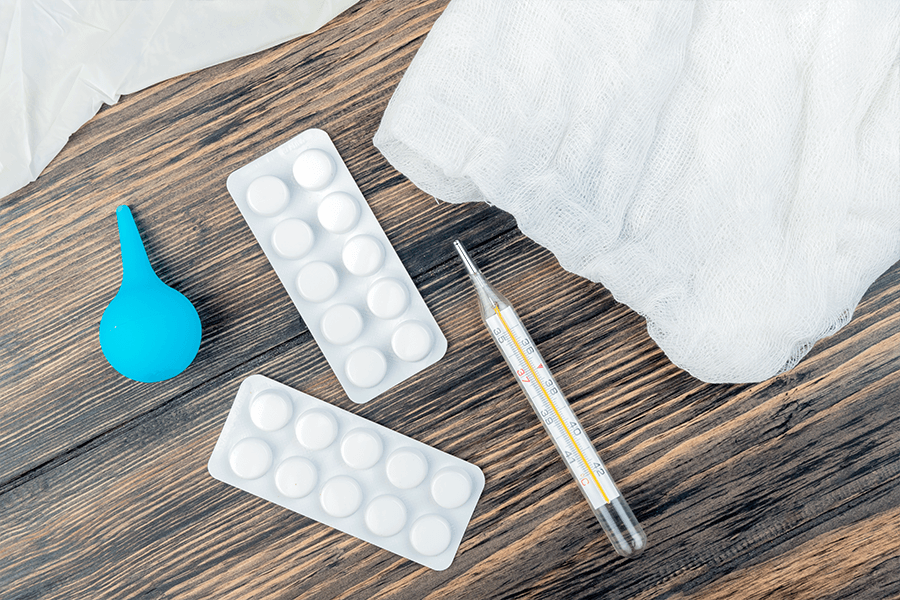The Importance of Enemas: What a Home Health Aide Can or Cannot Do
There is a lot of misinformation about home health aides (HHA) and enemas. We are going to clear that up for you right now.
Can a home health aide give an enema?
Home health aides can give an enema, but they cannot insert it or remove it from your body without being supervised by a doctor or nurse practitioner.
Home health aides cannot give an enema without being supervised by a doctor or nurse practitioner.
First of all, home health aides are not allowed to perform any procedure that requires the insertion and/or removal of something from your body. This includes performing procedures like giving an enema. They can only provide assistance in these situations when they are supervised by someone with more training who is authorized to do so.
OF NOTE
Most states allow the registered nurse (RN) to delegate to the home health aide the task of giving an enema – but not all. Make sure you know the rules. Follow up with the home health agency.
The home health aides can perform other tasks such as checking your blood pressure, pulse, and temperature among other things like installing fluids or administering vaginal or rectal installations.
HHA Directions for Giving an Enema
Enemas are a common form of care to administer medicine or aid in bowel evacuation, but they’re not for every occasion.
The success rate should be determined by the following factors: if there’s an obstruction, how much stool has been retained and constipated over time; whether or not it is immediately after surgery when mucus membranes will have been traumatized; and can your patient tolerate this procedure?
This type of clean water administration cannot replace necessary medications like laxatives because enema-induced diarrhea could result from increased intestinal motility caused by irritation.
Step by Step:
- assemble necessary equipment and supplies
- position patient for task
- prepare soap solution
- administer:
a. commercially prepared
b. soap solution - remove fecal impactions
- cleanse skin around enema site
- dispose of waste materials and used supplies
- clean reusable equipment
- store reusable equipment properly
- observe, record and report
What a Home Health Aide Can or Cannot Do
They are not allowed to give you an enema without supervision from doctor or nurse practitioner while they can do some other work like check for fecal impactions among mas, rectal temperatures and more.
Other Duties a HHA Can and Cannot Do
These home health aides also help with setting up any devices needed by the patient but cannot provide treatments unless these procedures have been authorized by someone who is qualified in their field.
For those looking for a career in the healthcare industry, it is important to know which tasks are best left to licensed physicians or nurse practitioners.
Home health aides should never administer medications on their own and they need assistance when performing certain medical procedures such as changing dressings. This ensures that patients receive the care of an expert no matter what stage of treatment they happen to be at!
The best way to ensure that the enema is administered properly and safely is by having a nurse or doctor supervise it. This can be done in-home if you have access to these professionals, but many people do not.
Yours, FREE!
What HHA’s CAN and CAN’T Do!
Download this brand new guide on what home health aides can and cannot do. The rules have changed so don’t get caught off guard. Know your limits and the law.








